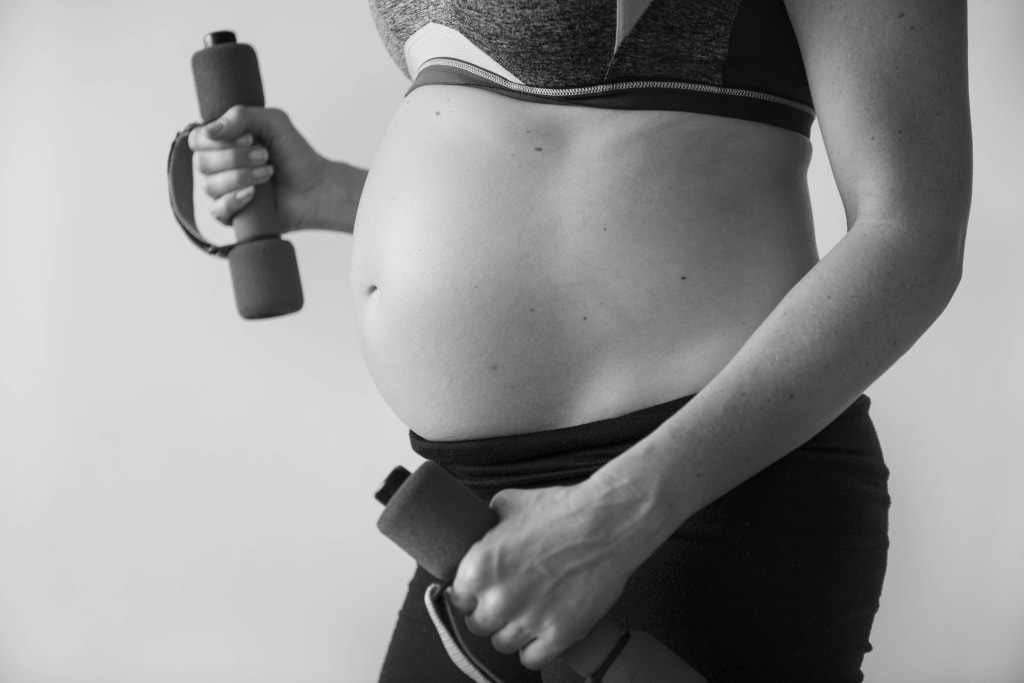
Pregnancy care includes prenatal (pre-birth) and post-natal (post-birth) medical care for pregnant women, and includes treatment and training to ensure the health of mothers and babies before pregnancy, pregnancy, healthy delivery, and delivery. Howale Hospital is the best Antenatal Care in Satara where doctors takes care of your periodic checks during the antenatal period along with blood and urine tests sonography.
What is Prenatal Care?
Prenatal care helps reduce risks during pregnancy and increases the chances of a safe and healthy delivery. Babies born to mothers who lack prenatal care are three times more likely to be born underweight. Newborns with low birth weight are 5 times more likely to die than newborns whose mothers receive prenatal care. It is best to start prenatal care at least three months before you start trying to conceive.
Some health habits to follow during this period include:
- Quit smoking and drinking
- Taking folic acid supplements (400 to 800 micrograms) daily
- Discuss with your doctor about your health, dietary supplements, and any prescription or over-the-counter medications
- Avoid all contact with potentially harmful toxic substances and chemicals
What happens during the appointments?
The prenatal care you receive during pregnancy depends on, your health and any risks that you or your baby may face during pregnancy.
Any problems you may have will undergo a series of examinations, scans, tests, and discussions, for example, when did you give birth to the baby, what period of pregnancy he was in and what this means to you and your baby, understand his medical history, his general health, and previous pregnancy.
Perform cervical screening to ensure that your mental health is in good condition. If you have depression or anxiety, monitor your blood pressure and weight and test your urine, organize blood tests and screenings, and provide information about healthy eating.
If you are experiencing domestic violence, this is a good opportunity for you to discuss it. By discussing with you whether something did not go as planned during the discovery of the problem, check whether there are any physical symptoms that may affect your family planning class.
What steps to take during pregnancy?
After pregnancy, you will need to schedule regular medical appointments at each stage of pregnancy. The schedule of visits may involve visits to the doctor:
- Visit the doctor monthly for the first six months.
- In the seventh and eighth months of pregnancy visit the doctor every two weeks.
- In the ninth month of pregnancy, visit every week.
During these visits, your doctor will be monitoring your health and your baby’s health. It may include:
- Routine screening and testing, such as blood tests for anemia, HIV, and blood type.
- Monitoring your blood pressure.
- Measuring your weight gain.
- Monitoring your baby’s growth and speed.
- Discussing special diets.
And the post-exercise visit may also include checking the position of your baby and observing the changes in your body when you are ready to give birth. Your doctor may also offer special courses at different stages of labor.
These courses will discuss,
- What happens when you are pregnant?
- Prepare for childbirth, and teach you the basics.
If your pregnancy is considered high risk because of your age or health, you may need more frequent visits and special care.
What is postpartum care?
Although most of the focus on care during pregnancy is in the nine months of pregnancy, postpartum care is also very important. The postpartum phase lasts six to eight weeks and starts immediately after the baby is born. During this period, the mother experienced many physical and emotional changes while learning how to take care of the newborn. Postpartum care includes,
- Get enough rest - Rest is essential for new mothers who need to regain their strength.
- Eating healthy - Eat well due to the changes your body undergoes during pregnancy and childbirth, getting proper nutrition during the postpartum period is essential.
- Vaginal care - New mothers should consider vaginal care as an important part of postpartum care. You may experience: vaginal pain, if you shed tears during labor problems with urination, such as pain or frequent need to urinate, including small blood clots shrinking in the first few days after delivery.





Comments
There are no comments for this story
Be the first to respond and start the conversation.